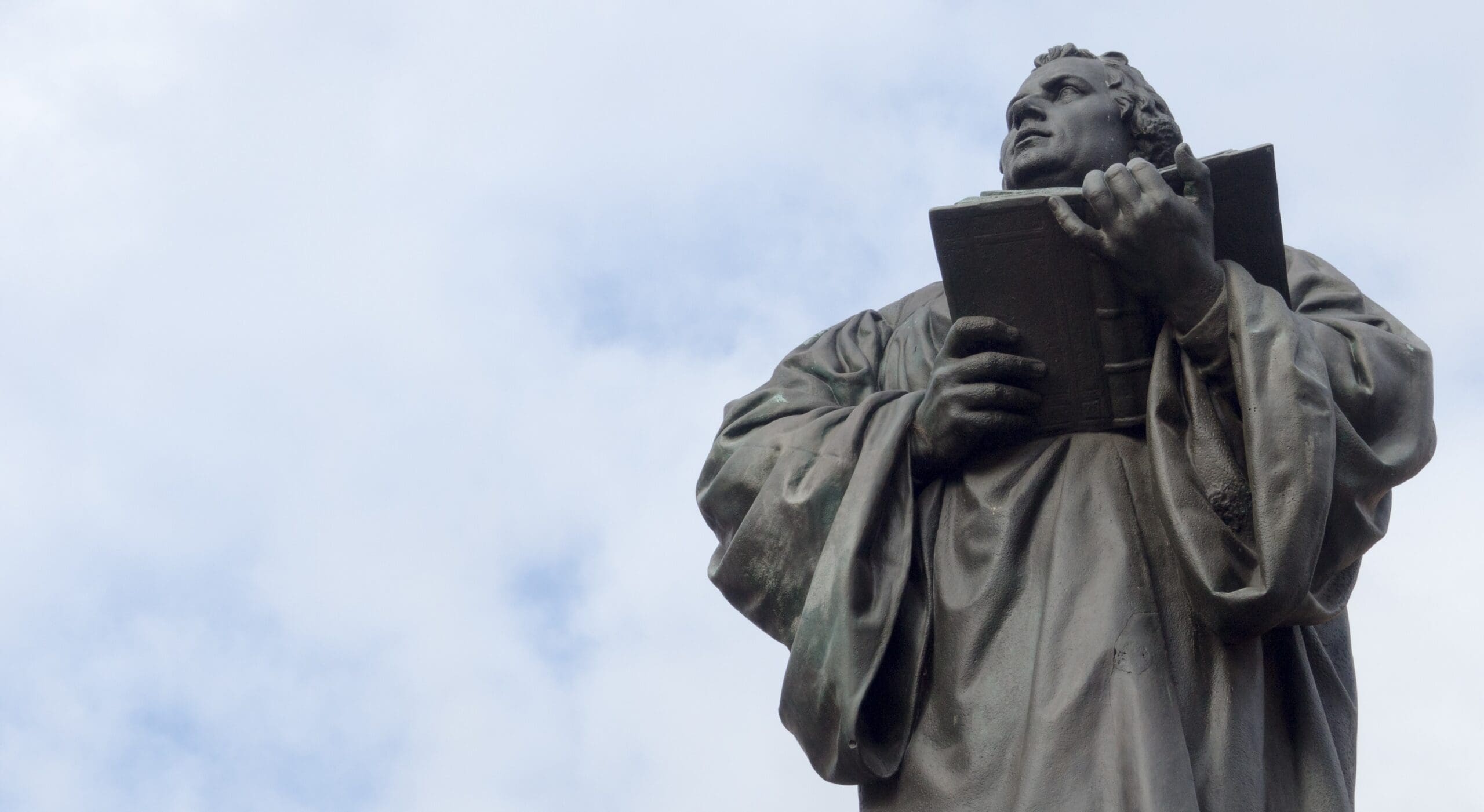In March 2020, the entire world came to a screeching halt. Entire industries ceased operations. Schools closed their doors. Masks became the new norm. Social distancing became a new buzzword. As the pandemic spread and new challenges presented themselves on the horizon, many people changed how they navigated life. Fear ensued. Some wondered if life would ever be the same. Do you remember this time? It was only 26 months ago, yet it seems like a lifetime ago for many.
During this season of life, many hunkered down with the uncertainty of what was on the horizon. While some hoarded items like toilet paper, hand sanitizer, and disinfectant, others found themselves navigating the same circumstances prior to a pandemic. Famine. War. Disease. Drug Abuse. Homelessness. Sex Trafficking. Drought. Poverty. These already crippling challenges became complicated by the reality of border closures, transportation delays, and government regulations. As most of the world sought to avoid one virus, many found themselves scrambling for the next meal or a dry place to sleep. Like those who passed by the robbed, stripped, and beaten man on his way to Jericho (Luke 10:30), many began to rationalize their decision to turn a blind eye to those in need.
Read through Luke 10:25-37 and think about how each person responds. First, a priest approaches the scene, and instead of helping a person in need, he intentionally crosses the road to the other side to avoid even being in the proximity of this man. Next, a Levite man comes along this man, and just as the priest did, he crosses the road and passes on the other side. It’s not looking good for the religious folk. Two approach the scene, and two go out of their way to avoid stepping into this situation. Finally, a Samaritan man comes alongside and has compassion for the man. He helps this man tend to his wounds, provides him transport, seeks refuge at an inn, and covers the expenses related to his need. The Samaritan man didn’t allow tribal or cultural boundaries to limit his ability to show mercy on this beaten man. No excuses. No finger-pointing. No judgment. Just Mercy.
Here are three things the Samaritan man teaches us:
- Meet People Where They Are—There is an undertone in some sectors of our society that expects people in need to always meet everyone halfway. Imagine if the Samaritan man had screamed from the other side of the road: “Hey! Get up, man. Dust yourself off. Come here where I am, then I’ll hear your story.” The parable would have taken a different direction if that were the case. Instead, the Samaritan man meets his neighbor where he was on the side of the road. Examine your own heart and how you respond to people in need. Have you established a series of hoops they should go through before you come alongside? Are you jaded toward those in need? Followers of Jesus should be willing to meet people where they are and show mercy to the situation at hand.
- Action Driven by Compassion—B.B. Warfield said, “The emotion which we should naturally expect to find most frequently attributed to Jesus whose whole life was a mission of mercy, and whose ministry was so marked by deeds of beneficence that it was summed up in the memory of his followers as a going through the land “doing good” (Acts 10:38), is no doubt “compassion.” Jesus’ ministry was filled with glimpses of compassion, followed by action. The tenderness of Jesus’ heart toward those around him was on display when he healed the sick (Matthew 14:14), raised a widow’s son in Nain (Luke 7:13-14), and when Jesus healed a boy with an unclean spirit (Mark 9:14-29). When Jesus showed compassion for people, families, and crowds, the compassion was multiplied by those who had experienced or witnessed it. Followers of Jesus must act when presented with opportunities to do so. If our heart of stone has been made into a heart of flesh through the sacrificial work of Christ crucified on a cross, then we must seek to show compassion to others.
- Interruption as Opportunity— Dietrich Bonhoeffer writes in his book Life Together, “We must be ready to allow ourselves to be interrupted by God. God will be constantly crossing our paths and canceling our plans by sending us people with claims and petitions.” Many people flee from the thought of someone or something altering their plans for the day. When our feet hit the floor, we want to know where we are going, what time our meetings are, and how to best prepare for the day ahead. If we knew that we’d come across a man who had been beaten, robbed, and stripped on our way to work, we might be tempted to schedule that delay into our schedules as well. That isn’t how life works. Followers of Jesus should be known as people who view interruptions as opportunities to see God at work—perhaps even using us as the instrument to bring glory to himself through a particular set of events.
An Afghan refugee. A business owner. A homeless person. A teacher. A single parent. A plumber. An addict. An Atheist. The poor. A stay-at-home mom. A widow. A migrant worker. The fatherless. An attorney. The depressed. An athlete. The hungry. A farmer. The lonely. A preacher. The sick. —These are our neighbors!
So who is your neighbor? Have you limited the scope of people you’re willing to help to a limited few? Do you view people in need as someone else’s problem? Are you willing to change your schedule or plans to come alongside someone in need? Does the gospel compel you to display mercy to others because much has been shown to you?
When God provides you an opportunity to come alongside your neighbor, will you meet them where they are? Will compassion compel you to action? Will you be willing to be interrupted?
Our knowledge of God’s Word should compel us to live out God’s Word on a daily basis.












